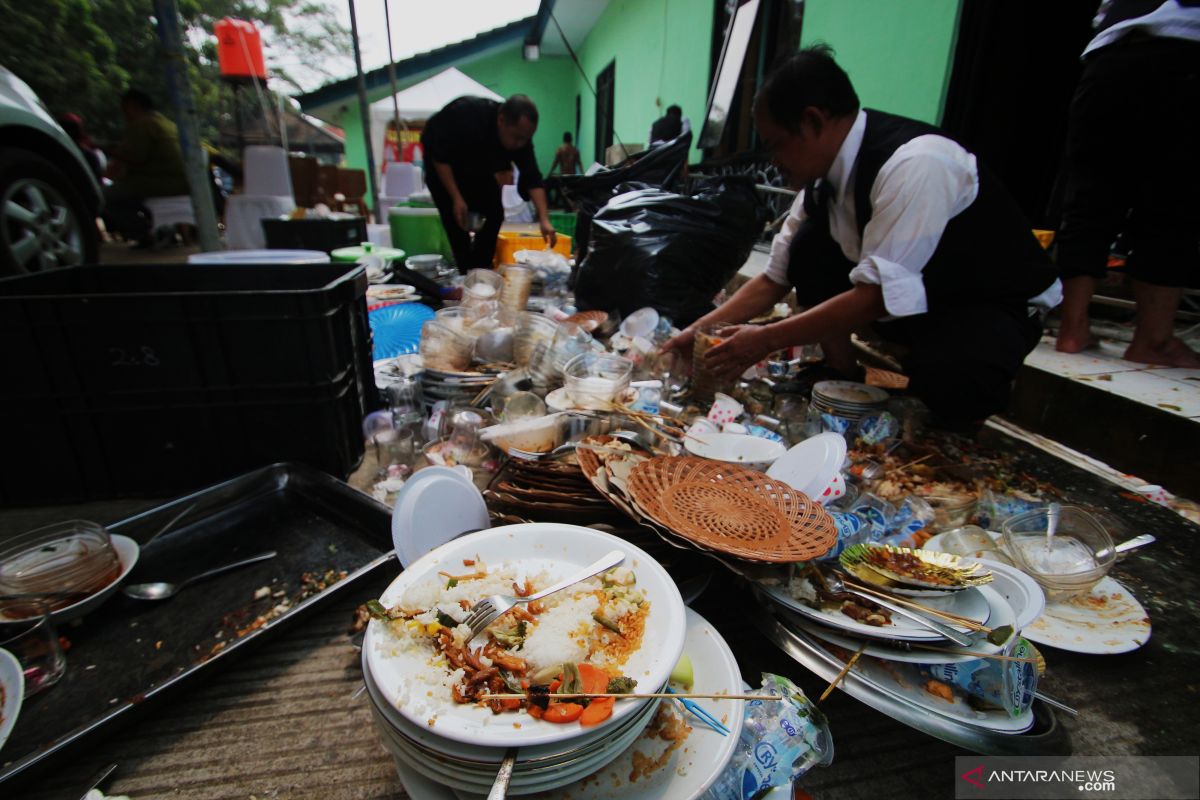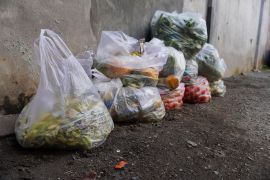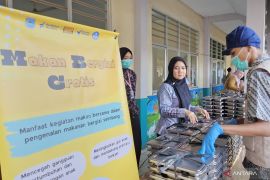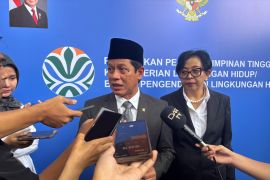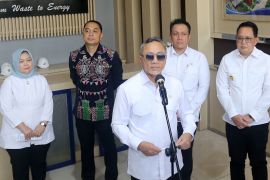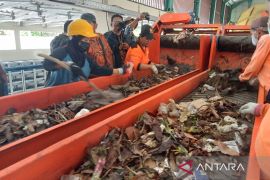The ministry's Deputy for Maritime Affairs and Nature Resources, Vivi Yulaswati, said on Tuesday that food waste accounted for 40 percent of the total waste in 2022.
Meanwhile in the same year, the prevalence of malnutrition rose to more than 10 percent.
"This is an irony," she emphasized during the "International Day of Awareness of Food Loss and Waste: No Waste Left Behind" event in Jakarta, which was followed virtually.
The ministry conducted a study on food loss and waste with other partners in priority sectors of circular economy policies, especially the food and beverage industry.
The study found that the average food waste reached 184 kilograms per capita per year from 2000 to 2019.
This amount of food waste resulted in greenhouse gas emissions of around 1.7 thousand megatons of carbon dioxide equivalent and losses of up to Rp550 trillion (around US$34.92 billion) per year, or the equivalent of 5 percent of Indonesia's gross domestic product.
"The loss of nutrition due to food loss and waste in the last 20 years can actually feed around 125 million people, or around half of Indonesia's population. So, this is really an irony," Yulaswati said.
Food loss and waste in Indonesia is projected to cross 300 kilograms per capita per year in 2045, she stated.
With proper management, the ministry is expecting the generation of food loss and waste to decline to 166 kilograms per capita per year by 2045.
The efforts to achieve this are being carried out through five policy directions. The first is changing the behavior of Indonesians by teaching them not to be wasteful by throwing away food.
The next efforts include improving supporting systems of food and strengthening regulations, covering laws, all guidelines, standardization, and financing optimization.
"Several communities have suggested that we should talk to the Food and Drug Supervisory Agency (BPOM) to issue labeling standards not only for expiration date, but also for best before date, which we do not yet have," Yulaswati said.
The fourth policy direction is to utilize food waste from the production, post-harvest, and consumption sectors. Such an effort can reduce food loss and waste from the agricultural sector to other related sectors.
The final policy direction emphasizes the necessity to conduct studies on food loss and waste. These studies aim to provide valuable insights and a strategic framework for the next 5–20 years.
"We hope that these efforts receive support from all stakeholders to create a comprehensive approach of a circular economy in the food and beverage sector," she said.
Related news: Regulations needed to reduce food loss, waste: Bapanas
Related news: Indonesia promotes "Selamatkan Pangan" movement to reduce food waste
Translator: M Baqir, Raka Adji
Editor: Anton Santoso
Copyright © ANTARA 2023
